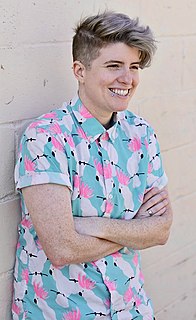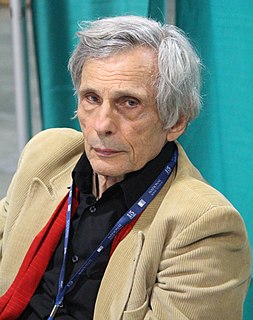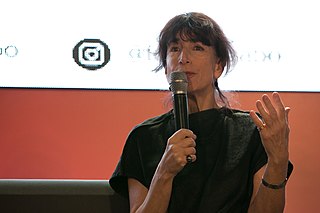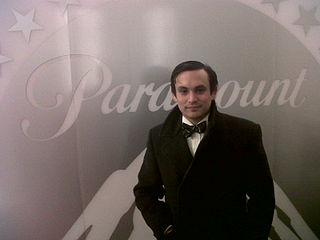A Quote by Daniel Mallory Ortberg
When I think of Emily Dickinson, there's not one particular poem of hers that jumps out, but I do have a very vivid image of an ill woman with giant eyes who wants to write about the sun exploding.
Related Quotes
As for the multiple editions, in the case of a truly great writer - Shakespeare, Emily Dickinson, Proust, someone with a canon - there is often a "variorum" edition of the work that presents its variants. I think publishing most other writing that way would be impossible, economically, for publishers, and very ill-advised for authors.
A successful poem says what a poet wants to say, and more, with particular finality. The remarks he makes about his poems are incidental when the poem is good, or embarrassing or absurd when it is bad and he is not permitted to say how the good poem is good, and may never know how the bad poem is bad. It is better to write about other people's poetry.
The puzzle and conundrums of Emily Dickinson's poetry or The Cantos, by Ezra Pound, is infinitely pleasurable. Or Ronald Johnson's Ark. And the experience extends a whole lifetime. But the intensity of certain vocalized language affects our bodies in a particular way, and that further actualization propels me. The Greeks explored this; there were very particular meters used in making war, different ones for a love chant.
I'll tell you something. Once I was very fond of a poem by Emily Dickinson or somebody. I only remember one line of it, but it goes, 'The soul selects her own society.' I used to tell it to everybody. Once I quoted it to a friend of mine, and he said, 'Maybe, but the body gets thrown into bed with the goddamnedest people.
I never think of my audience when I write a poem. I try to write out of whatever is haunting me; in order for a poem to feel authentic, I have to feel I'm treading on very dangerous ground, which can mean that the resulting revelations may prove hurtful to other people. The time for thinking about that kind of guilt or any collective sense of responsibility, however, occurs much later in the creative process, after the poem is finished.
I'm a Marvel fan, and I think this particular world that 'Doctor Strange' goes into is really, really, really exciting. I'm really interested as both an actor and a fan to see what's done in this particular world. It's all about creativity. It's not about everything exploding at the end. It's about something very different.






































